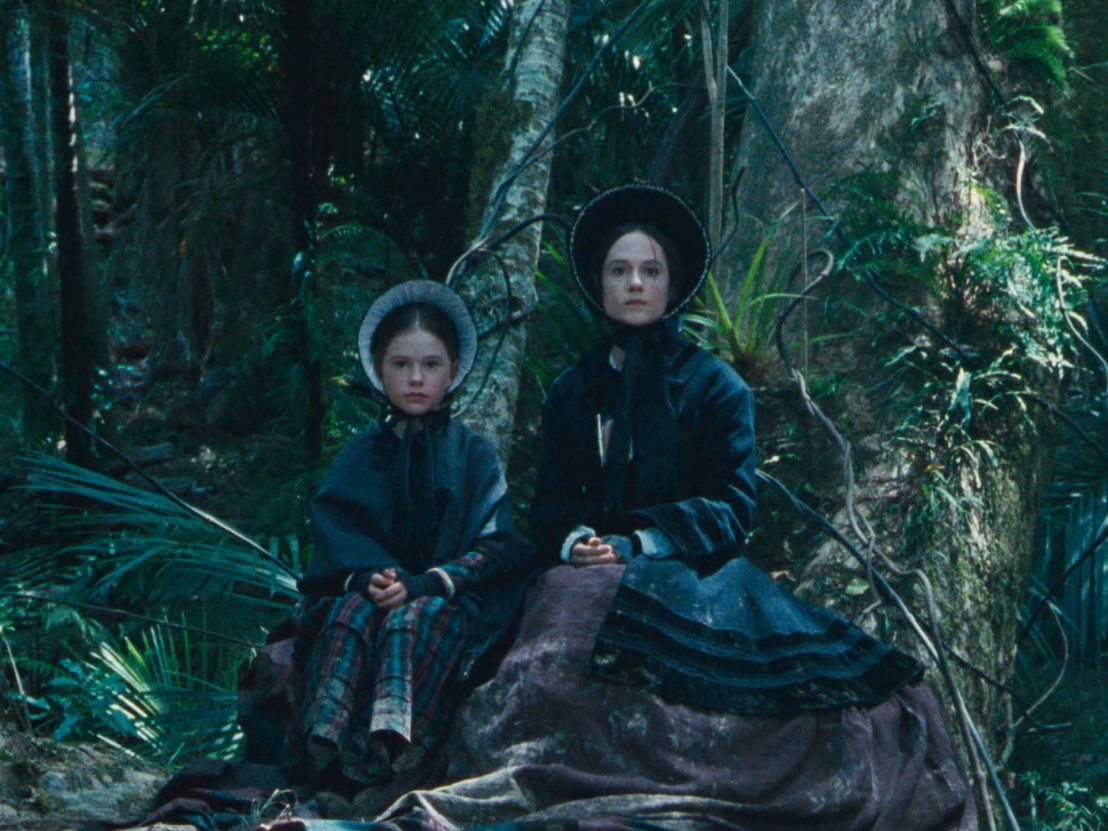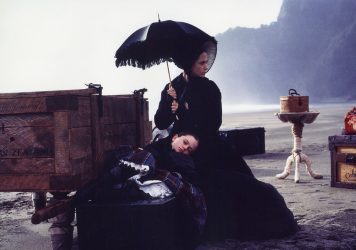
When I was a child, no one knew what was wrong with me. I struggled through school, isolated, and crippled with unmanageable anxiety. I was told that the way I acted was weird, wrong, and unintelligible. But I am just autistic, as I discovered when I was diagnosed at 29.
After my diagnosis I decided to search for my autistic self in the cinema, but I was quickly taken aback by a cacophony of films that divorce autists from their humanity. Films about autism often characterize us as symptom clusters, savants, and emotionless burdens – never whole, complex human beings. Lighthouse of the Whales (2016) and Music (2021) are recent examples, but the phenomenon stretches back decades. Problematic representations of autism appear to be so so normalized that people have trouble understanding what the issue is: such films represent autism as undesirable, deficit, and somehow divisible from the autistic person. But there is nothing to divide. Being autistic is simply another way of being a person.
I was looking for myself in the cinema, and I was not finding it. If the movies about autism were terrible, perhaps real autistic cinema was hidden the way I had been hidden; maybe it was ciphered in plain sight. A similar concept called “coding” is discussed in online spaces, usually concerning TV shows and video games. Coding is a metric by which fans identify a character as autistic, most often through maximalist stereotyped traits; such as the inductive genius of Sherlock Holmes. I wasn’t looking for that. I was looking for authentic autistic subjectivity; a serious cinematic representation that treated its subjects like whole people. I call it an autistic cipher, and I found it in the films of Jane Campion.
Ada (Holly Hunter) in The Piano (1993) and Peter (Kodi Smit-McPhee) in The Power of the Dog (2021) are both powerful autistic ciphers because they are presented as whole human beings, indivisible from the traits that make them appear odd to society. Not only that, but their traits inform their power as people, further demonstrating a holistic characterization. The cipher is not a diagnostic exercise. It is cinematic archeology. If being autistic is just another way of being, it stands to reason that we autists may direct films or write characters that seem familiar to us. But I won’t begin the cipher in any simple, maximalist autistic-like expression, such as Ada’s mutism, or Peter’s sensory reliance on a comb. Those traits are mere landmarks. We can cipher Ada and Peter’s traits through the details of each character’s social presentation and how they communicate.
Fragmentary voice-over carries the voice of Ada’s six-year-old self, who tells us about her selective mutism; her ‘dark talent’, and how no one knows why she does not speak. In the opening scene of The Piano Ada is presenting us with other people’s opinions of her; that she is ‘dark’ as in unintelligible. But Ada is not unintelligible- she is the exact opposite. So, how is it that everyone is constantly misunderstanding her? Finding the autistic cipher in a female character is complicated by sex. Autistic women experience additional pressure to conform to the social order, assume roles, and “mask” their autistic traits. Ada’s cipher can be found within her piano. When Ada arrives in New Zealand, the piano is abandoned on the shore; she demands it from anyone who will listen. Her new husband Stewart (Sam Neill) sells the piano to his friend, Baines (Harvey Keitel).
In response, Ada carves outlines of piano keys into a table and plays it as though it is real. Stewart then gossips about it with the house women. They speculate on Ada’s sanity, for what is unintelligible must be insane. Ada’s requests for the piano are clear and consistent, but they confuse Stewart and others because the piano expresses non-compliance with the social order. Instead of assuming the socially expected role of wife, Ada demands her piano. The piano is the part of her that is not understood by anyone but Baines and their affair is premised on the acquisition of the instrument. Baines takes her to the piano on request, and ultimately gives it back to her.
One may wonder how Ada’s apparently fairy tale marriage to Baines can be reconciled in an apparently feminist film. When we take Ada as an autistic (female) cipher who refuses to assume roles that seem nonsensical to her, the answer becomes clear. By nature of sex and history, Ada must enact marital dependency to preserve herself. Baines accepts the piano, meaning he accepts Ada as a whole person. When the piano is thrown overboard in the penultimate scene, it’s because she doesn’t need it anymore. Ada is a powerful autistic cipher because her compromises are limited, even under tremendous pressure to conform. She suffers, but she also carves out the life she wants, with the very traits that make her unintelligible to those that would oppress her.

The Power of the Dog demonstrates a sensitivity to the different ways autism is experienced by the sexes. Unlike Ada, Peter’s sex allows him to be more actively himself. Even so, his feminine appearance and unusual gait quickly draws ire, particularly from the domineering Phil Burbank (Benedict Cumberbatch). Early in the film Phil heads a table of men dining at Rose’s (Kirsten Dunst) boarding house. In his hands is a delicate paper flower. “What little lady made these?” he drawls. Rose’s son Peter quick steps across the restaurant, eager to take credit for the flowers. But Phil is making fun of him, and Peter doesn’t realize. The cipher lies in the space where it does not occur to Peter that Phil has bad intentions, or that there is anything undesirable about a boy making paper flowers.
What is remarkable about Peter’s representation is the way Campion portrays his obliviousness, and peculiarity without being cute. Peter hula-hooping behind the boarding house might have played for laughs in the hands of a lesser artist, but Campion gives him every respect. He is a powerful autistic cipher because the things that make him weird are not framed in deficit, they are not framed in stereotype, and they’re not played for comedy. Not once is Peter’s awkwardness portrayed as something to be laughed at or thought adorable. Like Ada, his humanity is preserved, cultivated, and indivisible from the things that make him a different sort of person. I cannot know that Campion had autism in mind when she wrote these characters- but what I do know is that Ada and Peter make me feel seen in the cinema.
Little White Lies is committed to championing great movies and the talented people who make them.
Published 2 Sep 2022

Jane Campion’s claustrophobic, slow-burn western dials up the queer subtext of Thomas Savage’s source novel.

Twenty-five years on, this adaptation of the classic Henry James novel offers an unflinching study of female sorrow.

Jane Campion’s achingly beautiful Palme d’Or-winning masterpiece receives a rerelease to celebrate its 25th anniversary.